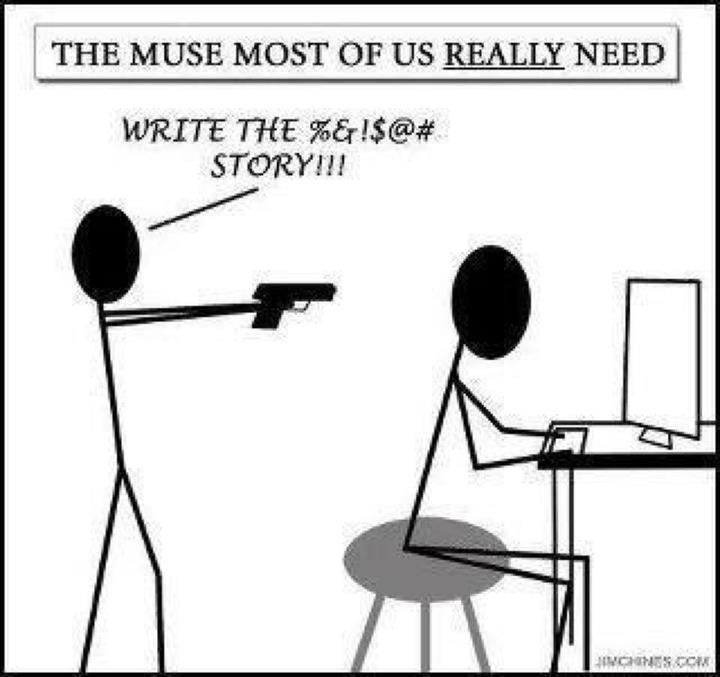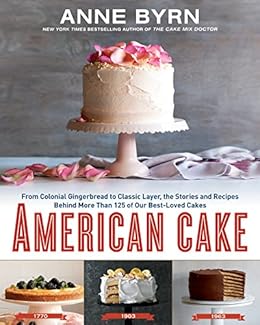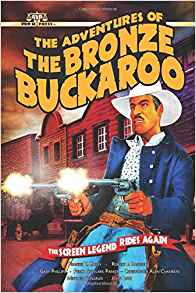I asked a group of students in my Crime Literature senior elective at Northfield Mount Hermon School, the boarding school where I live and work, to write a fictional account of Massachusetts’ oldest unsolved murder, one which has been well documented and just happened to take place on campus about 80 years ago. The story has long fascinated employees, students, and crime enthusiasts (if that phrase makes sense . . . can one be enthused by crime?).
The assignment called for students to research the case by reading four primary documents, attend a Q@A with the School’s archivist, then write a narrative that offers a plausible account of who did it and what took place, paying careful attention to motive, means, and opportunity.
Working with talented writers –– for whom this was their first step into the world of fiction –– reminded me how important beginning en media res is and how challenging it is to effectively incorporate the backstory.
Here’s my next assignment. It’s an activity I’ve had a lot of luck with, one that illustrates for beginning fiction writers a story arc and forces them to select a starting point somewhere on that arc and effectively deal with the backstory.
Give it a try. And if you do, shoot me a copy at jcorrigan1970@gmail.
What’s My Back-Story? A Plotline Activity
Must every story be told in a linear narrative style? No way. Readers want a scene that allows them to figure out the story on their own. So how do we tell stories cinematically? By using scenes to convey the storyline. This allows the writer to use flashback sequences while starting in the middle of the action and continuously pushing the story forward.
Read the following plotline and determine which numbers (there are several, after all) at which you could begin. How will you include the information that came before your starting point? Must you include all of it?
Write a first- or third-person opening scene (narration and dialogue) beginning at one point on the line and dropping in the necessary previous material as the scene moves forward.
- Mary Howard grew up in Readfield, Maine, the daughter of a doctor.
- She went to UMaine at Orono, where she studied history, graduating with a 3.5 GPA, and met Steven Smith, a political science major, whom she married following graduation.
- After graduation and one year of marriage, Mary dutifully helps Steven launch his political career.
- Mary, now in her mid-30s, helps Steven becomes a Maine State Legislator and raises their three kids.
- Unbeknownst to Mary, Steven begins an affair with a fellow Maine State Legislator.
- Mary gets a phone call from an intern in Steven’s office, who tells her of the affair.
- Mary confronts Steven. This takes every ounce of courage she has. In 15 years of marriage, she has morphed from the confident, bubbly Mary Howard, to the housewife of powerful Maine State Legislator Steven Smith. As his career has taken off, her identity somehow got lost.
- Mary listens as Steven tells her the affair is just “a sideline” that “this is how some political marriages are.”
- Mary packs her bags, grabs her kids (now ages 11, 9, and 7), and walks outside, determined to start a new life.
- She drives to Santa Fe, New Mexico, a place she’s only seen on TV.
- In Santa Fe, she enrolls the kids in school, gets a job in a bookstore, and hires attorney Phil Rogers, who is 35 and single.
- Mary doesn’t know what to do when Rogers asks her to dinner six months after she’s been in Santa Fe and following what was a surprisingly easy out-of-court settlement with Steven. She wonders what message a date would send to her kids. Would her acceptance tell them that they are all starting over? That it’s okay to move on? Or would they think she’s callus?





















